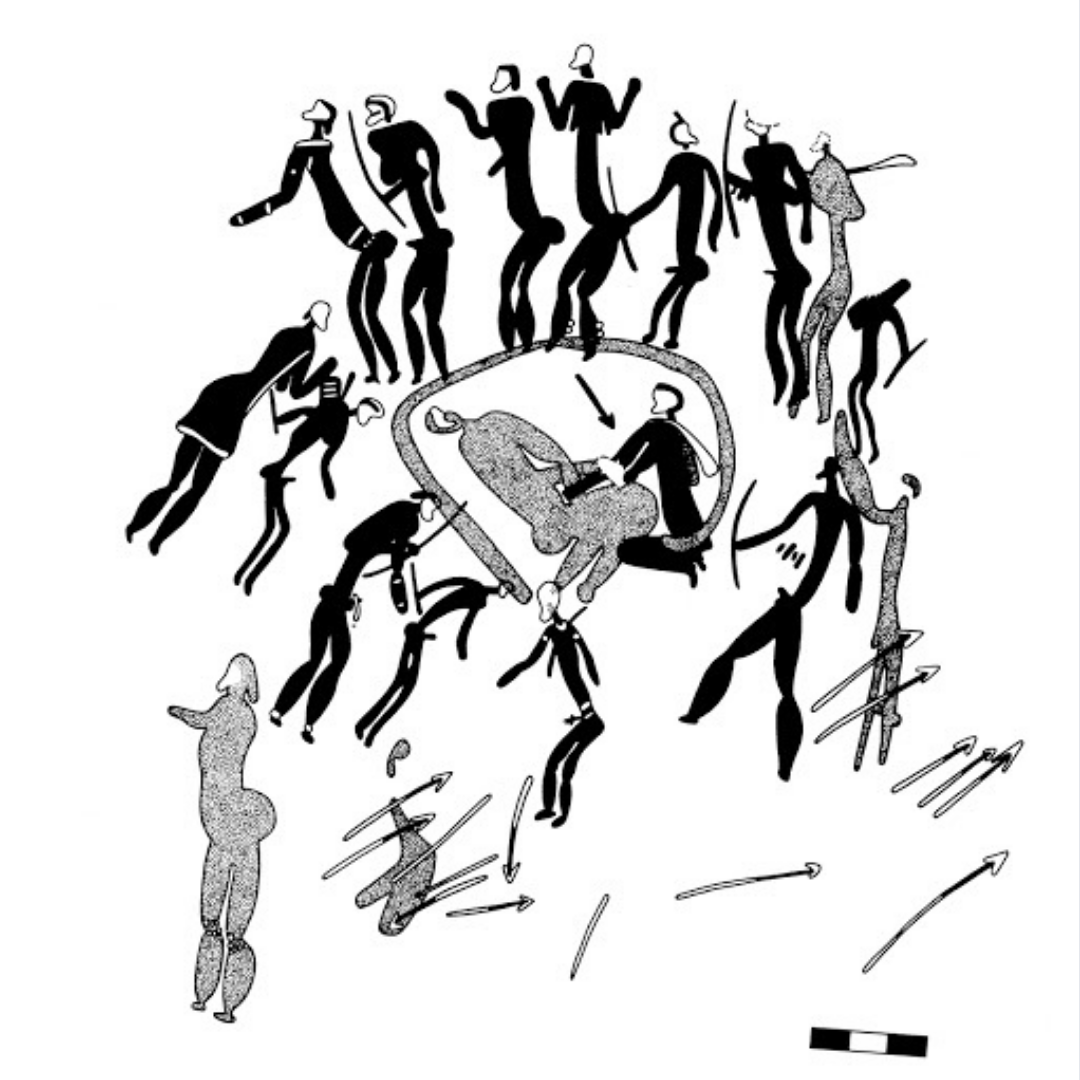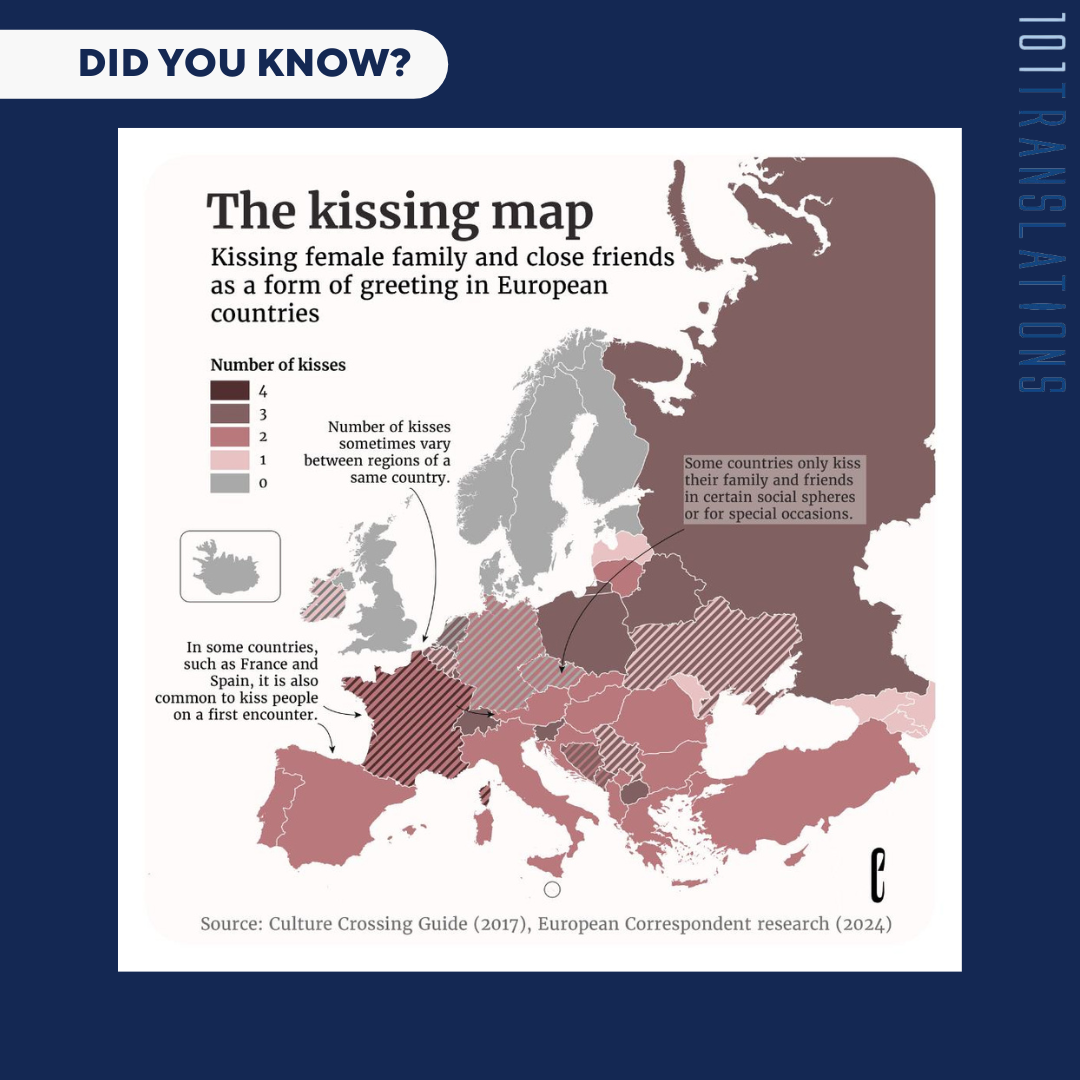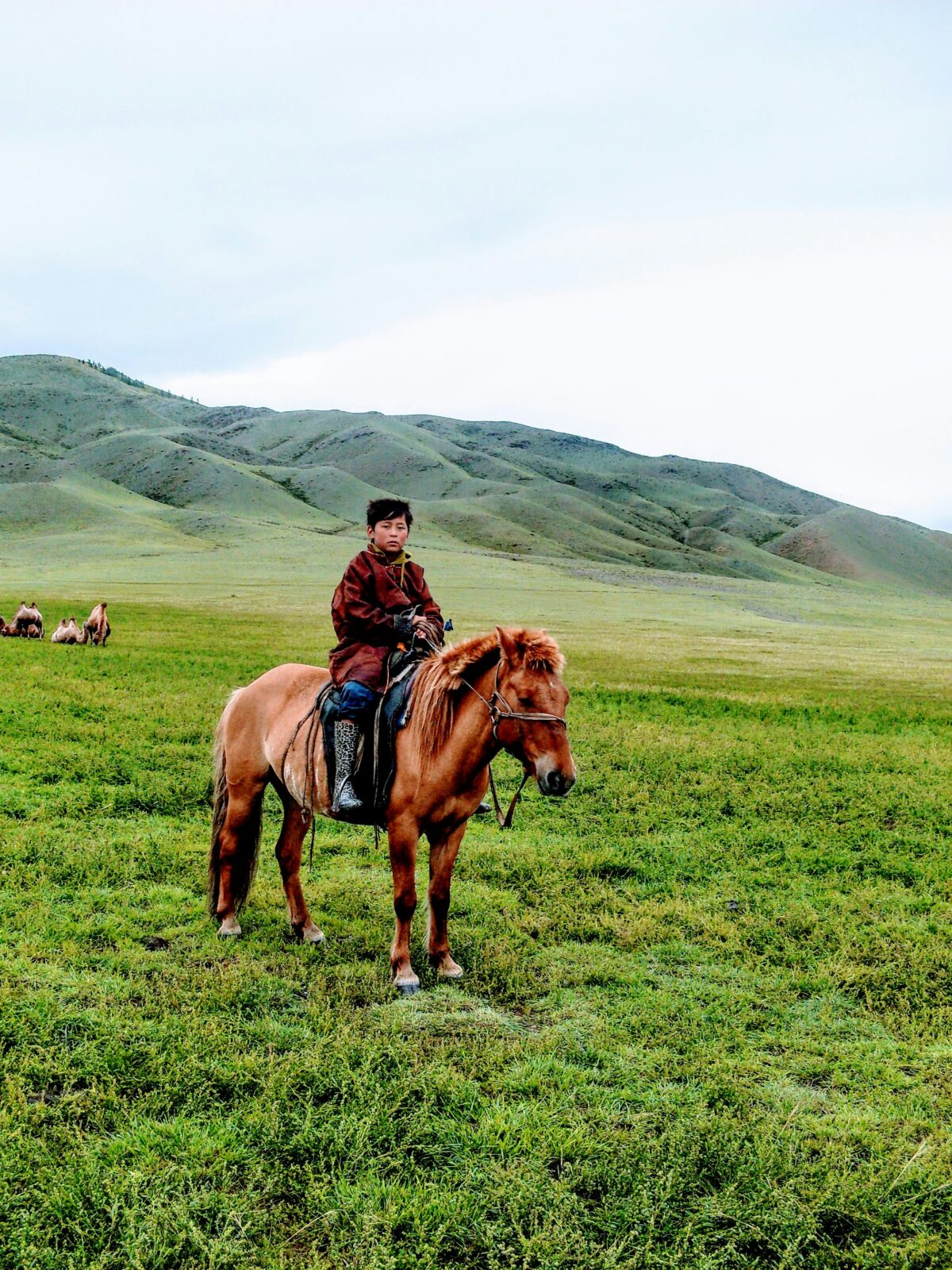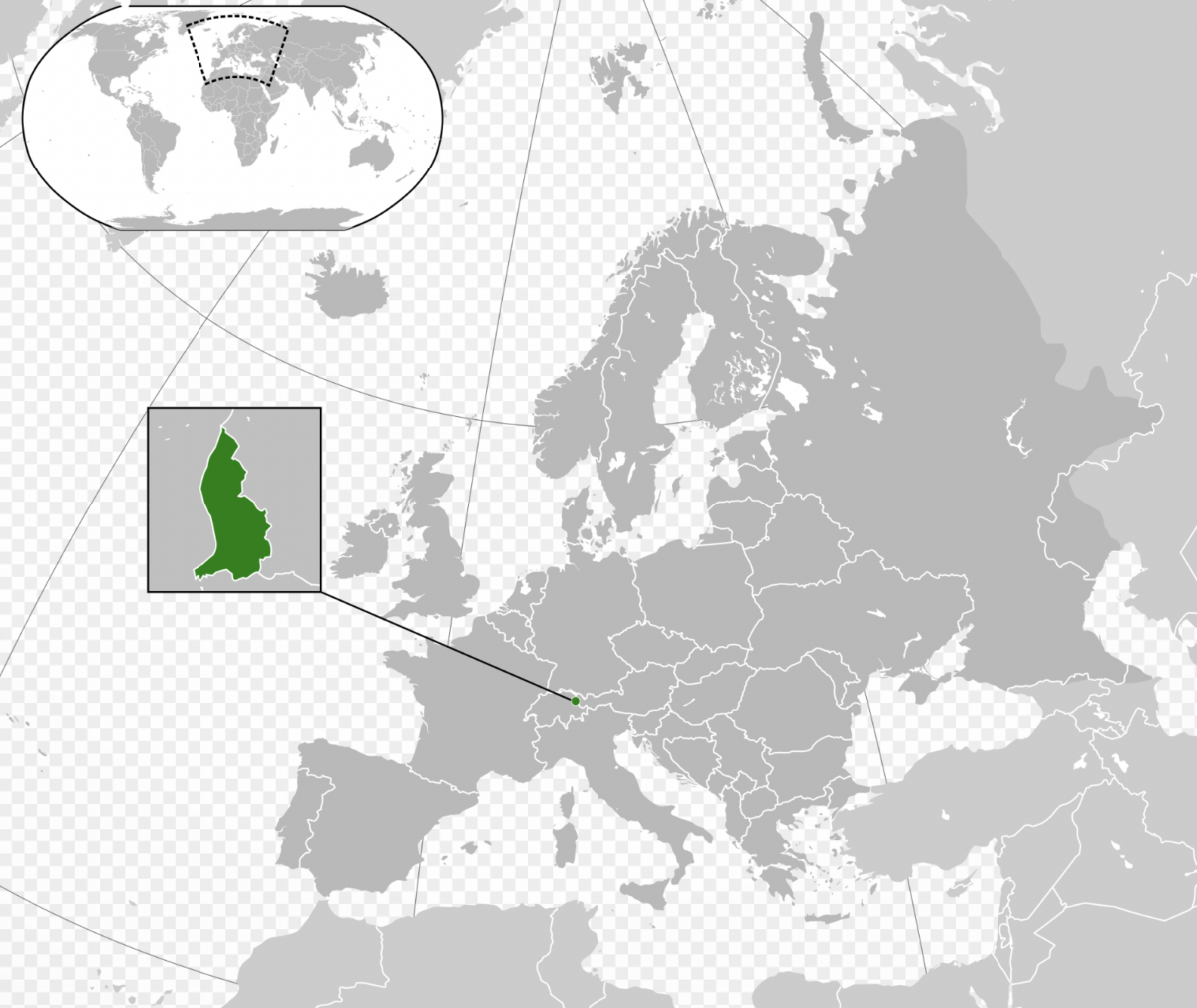In the Ubang community in Nigeria, women and men speak different – but related – languages. Until the age of about ten, children spend time primarily with their mothers, and girls and boys alike speak the “women’s language,” but after that age, boys move into the world of men, and learn a different lexicon. Although this language system is threatened today, as members of the community increasingly speak more dominant Nigerian languages, it has persisted because Ubang women and men tend to live and work in different spheres, with a lot of communication taking place in same-sex environments.
Image Source: https://www.bbc.com/news/world-africa-45262081










